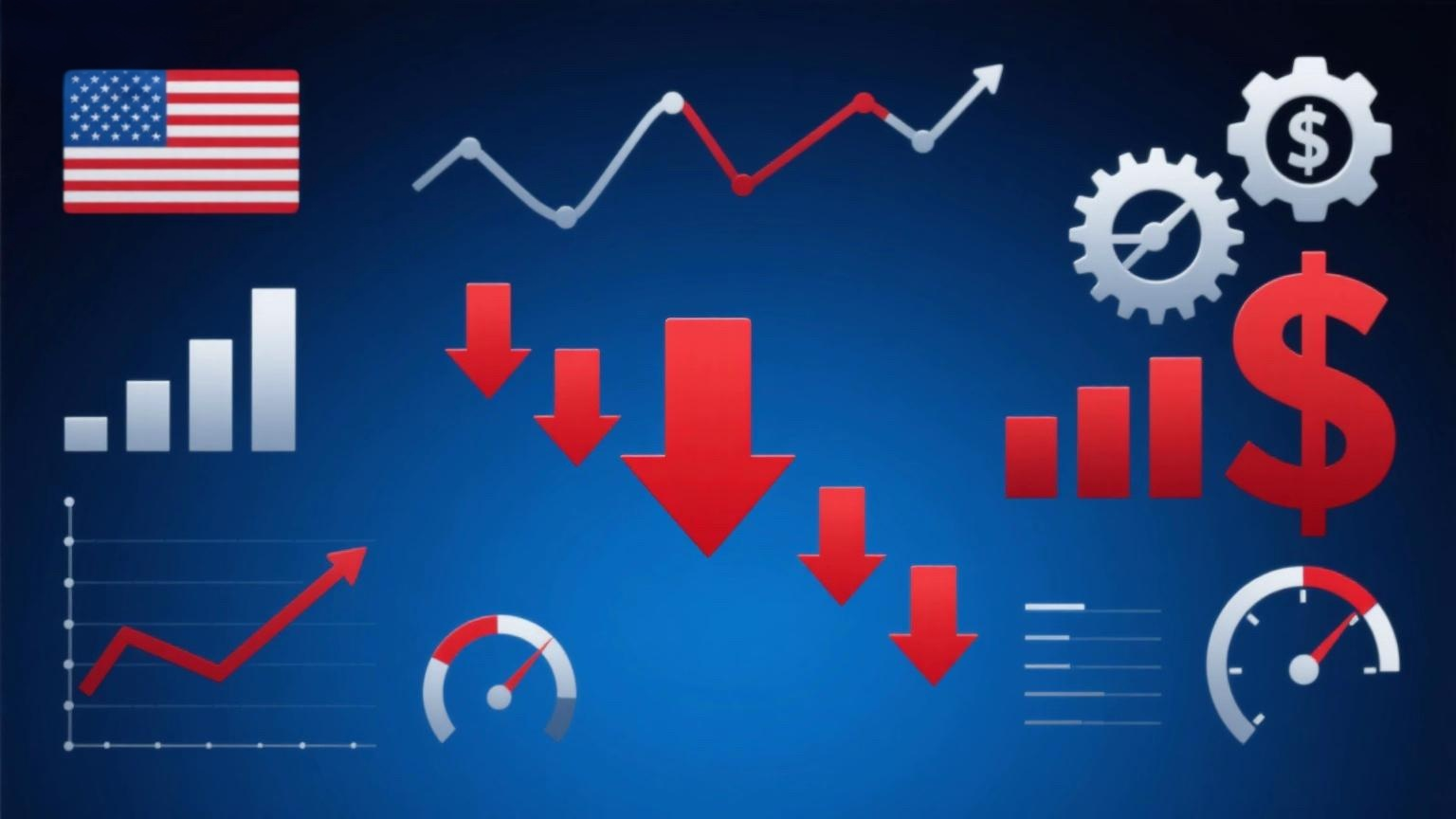
Historically, economic recessions often occur in the fourth quarter, such as the dot-com bubble burst at the beginning of the century and the 2007-2009 financial crisis. Predictions of a U.S. economic recession have long been widespread, but all have proven to be baseless. Has the U.S. economy truly developed an "iron cloth shirt" resilience? Clearly not. Predicting economic cycles is difficult, and the Federal Reserve Bank of Atlanta’s real-time forecasting model—GDPNow—has not been particularly effective either. However, economic operations follow their own patterns, and a recession will inevitably arrive.
Earnings reports from two U.S. retail giants have already begun to signal concerns: Walmart, unable to bear tariff costs, is considering raising prices on some products in the second half of the year; Target has lowered its full-year revenue target; and e-commerce giant Amazon has reduced its annual profit target. Companies involved in import businesses will eventually be affected by tariff policies.
The economic downturn can also be glimpsed from the operational conditions in Las Vegas. According to Las Vegas government statistics, from January to June this year, visitor traffic to Las Vegas decreased by 1.1%, 11.9%, 7.8%, 5.1%, 6.5%, and 11.3% year-over-year, respectively, with the number of international visitors halved. Data from the Nevada Gaming Control Board shows that in July this year, statewide gaming revenue fell by approximately 7%, while the Las Vegas Strip (the most concentrated gaming area) saw a 15% decline. The peak season of July turned into an off-season. The gaming industry in Nevada may serve as a barometer of economic conditions.
The seven tech giants are showing signs of weakness. Over the past five days, the stock price changes for NVIDIA, Microsoft, Apple, Google, Amazon, META, and Tesla were -1.55%, -2.76%, -1.74%, 0.77%, -0.62%, -2.57%, and 3.05%, respectively, while the Russell 2000 index rose by 3.27%. Investors are beginning to fear heights. Amazon and Microsoft’s cloud businesses performed commendably, and META continues to increase its investments in artificial intelligence. These businesses are unaffected by tariffs. The AI boom may be somewhat speculative, all blossom and no fruit. Large models lacking high-quality data for training evolve slowly, and mere reliance on stacking high-end chips is unlikely to lead to significant development. U.S. manufacturing is not what it used to be, lacking application scenarios for artificial intelligence.
In the near term, the U.S. non-farm payroll report on September 5 is the most worthy of attention. For investors, the uglier the data, the better, as it increases the likelihood of consecutive interest rate cuts. If the data is truly poor, the market will feel the pain, after all, as the economy slides further into recession.
















